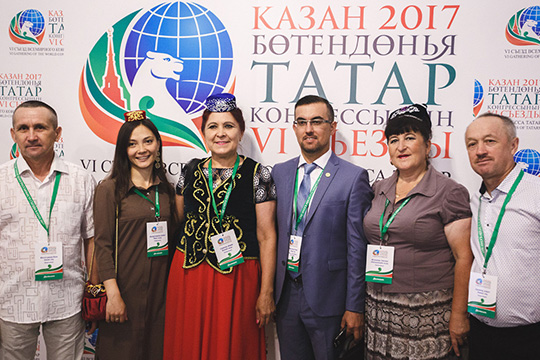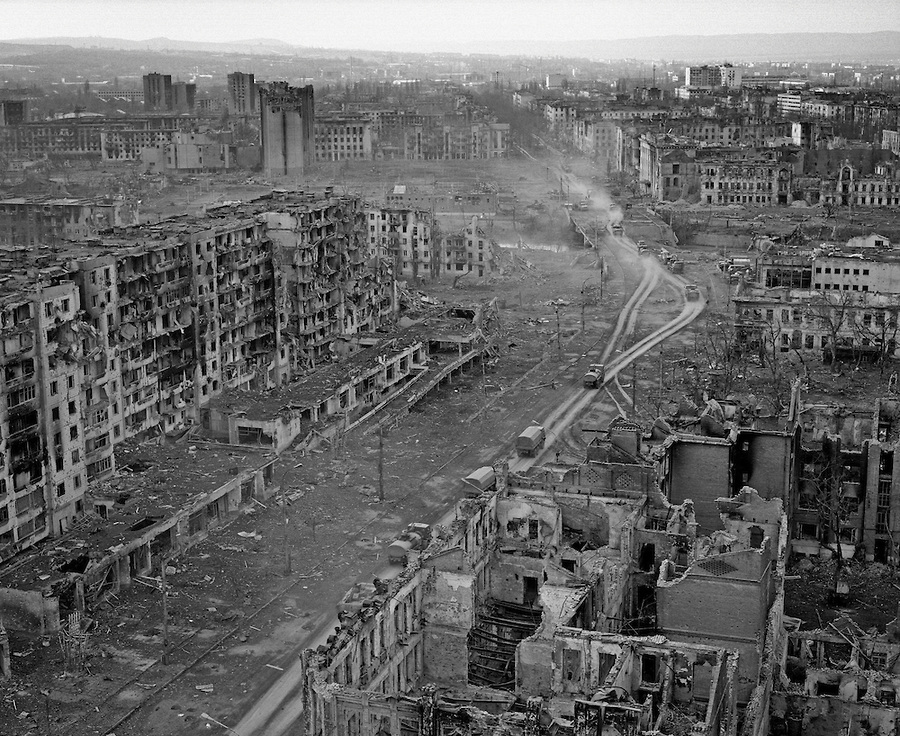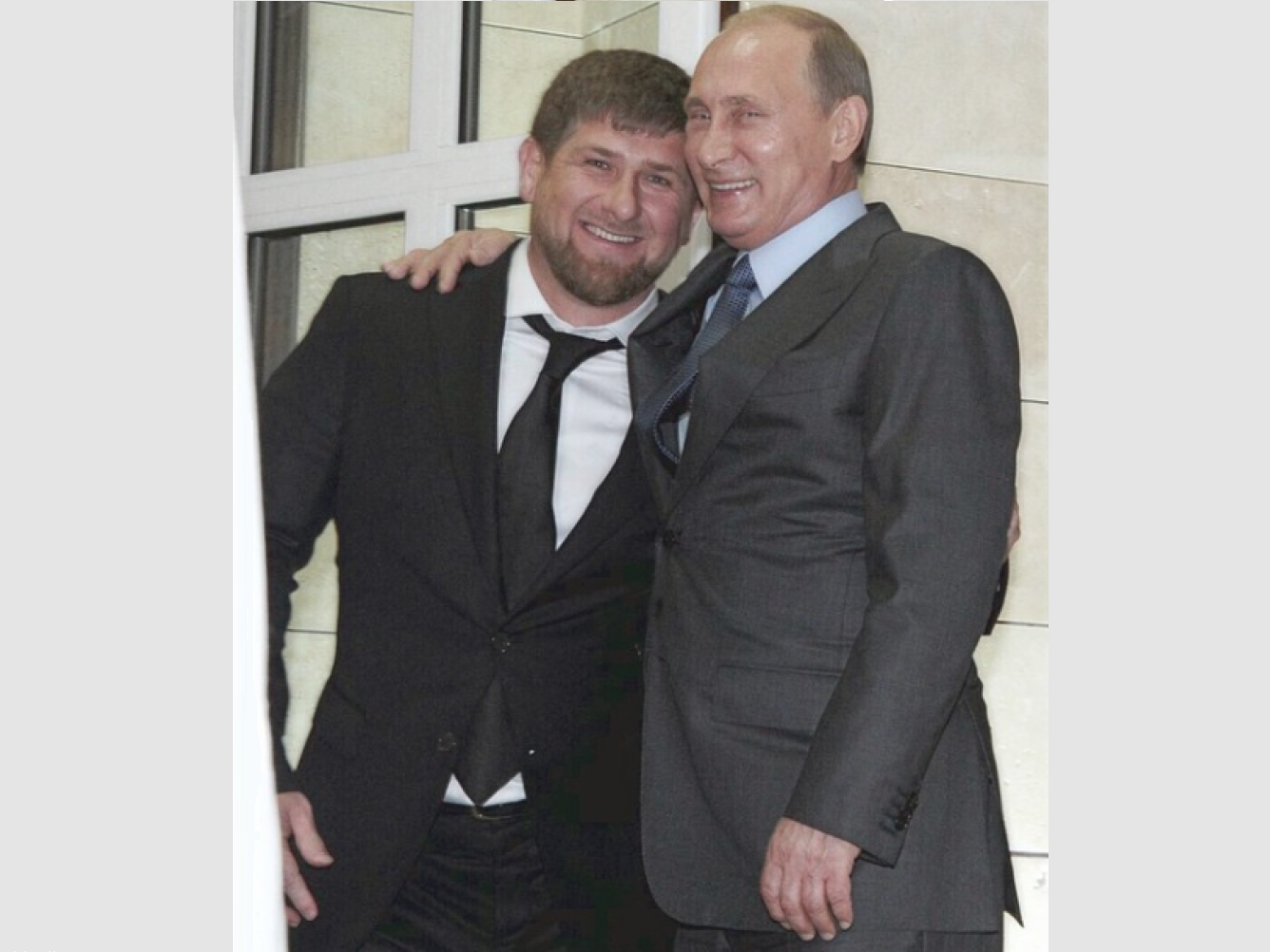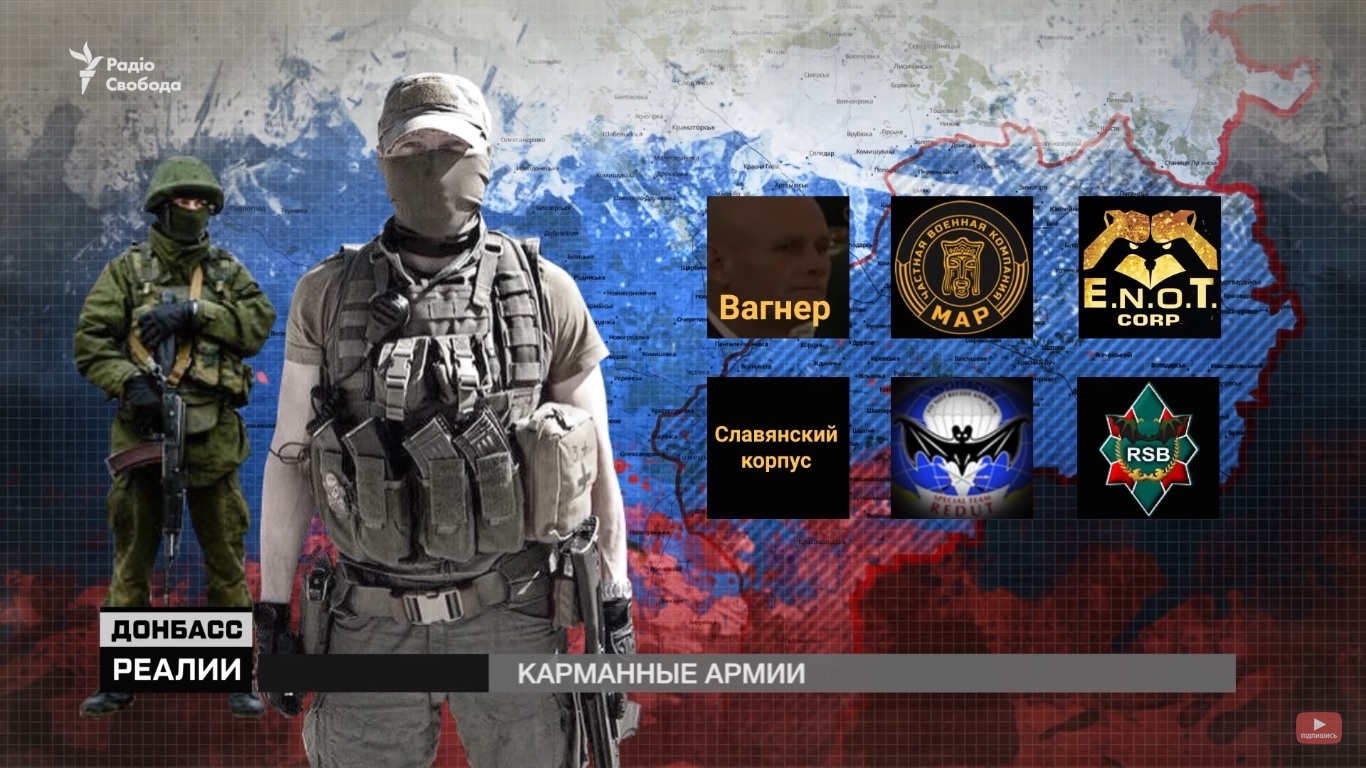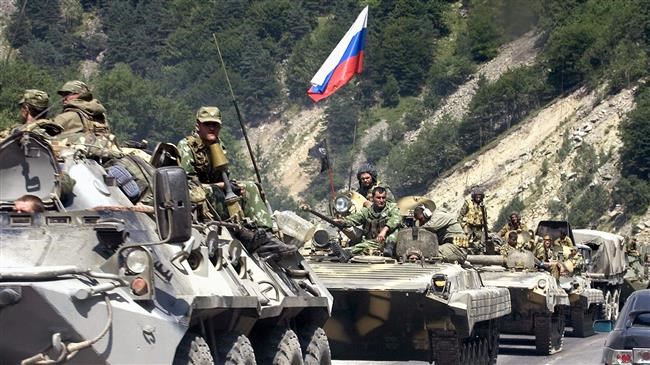
These efforts appeared to peak in 2018 and 2019 when the Verkhovna Rada discussed and then passed a resolution urging Kyiv to focus the world’s attention on Russia’s nationality problems.
The Ukrainian authorities subsequently made a number of statements on this issue and offered political asylum to ethnic activists from the Russian Federation that Moscow had been persecuting. But beyond raising awareness among Ukrainians about the Ukrainian regions inside Russia, the campaign appeared to be largely stillborn.

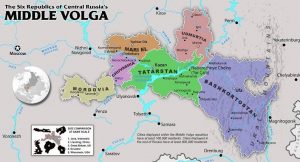
And while he did not predict that this would happen soon, the security official did say that he was sure it would occur “within our lifetimes.” What is striking is that again just as in the case of Poland and Japan in the 1920s and 1930s, it is Russia’s neighbors who have experience with it rather than larger powers, which don’t that are moving in this direction.
Their attention to these issues means not only that they will give encouragement to the peoples living within the current borders of the Russian Federation but that Ukraine and other neighbors like Lithuania, Estonia, and Poland are going to become ever more important sources of information about regions and republics less studied elsewhere.
Read more:
- Kremlin simultaneously seeking to destroy republics and nations on which they rest, Shro says
- ‘If a bourgeois revolution is to start in Russia, it will begin with Tatarstan,’ Kazan historian says
- Ukraine takes long-overdue action against major domestic pro-Russian actors
- Tatarstan’s efforts to help Gagauz de-Russify outrage some in Moscow
- Russia methodically destroys and removes cultural treasures from occupied Crimea
- 24 years ago, Moscow attacked Chechnya, triggering a war that changed everything (2018)
- On 73rd anniversary of deportation, Chechnya and Ingushetia divide on Stalin and his crimes
- Moscow has long sought to destroy Slavic languages other than Russian, Zolotaryev says
- Fewer Russians but more Russian speakers: The changing face of Russia
- Moscow has long sought to destroy Slavic languages other than Russian, Zolotaryev says
- New Siberian website provides data on Russification of non-Russians and repression of Russians
- Warning to Kremlin: Its non-Russians likely to become the Irish of the 21st century

